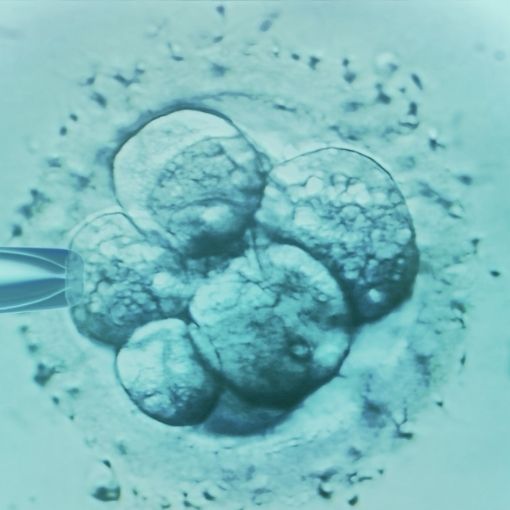When you’re trying to conceive, you will probably hear about polyps a lot. You may also wonder what they are and how it impacts fertility. Our lovely fertility nurse consultant, Kate Davies, talks about how polyps affect fertility.
What is a polyp?
Polyps are abnormal growths that can occur in various parts of the body, including the reproductive organs, colon, stomach, nose, and throat. These growths are typically benign, meaning they are not cancerous, but in some cases, they can become cancerous over time. Polyps can vary in size and shape and can be flat or raised.
How polyps impact fertility
Here’s the transcript of Kate’s video we posted on our YouTube channel and on our free community.
Hello, my name is Kate Davies, and I’m a fertility nurse consultant. I want to talk to you about polyps and how they can impact your fertility.
So cervical polyps and uterine polyps are quite common. There are things that often we have, and we don’t even know we have them. And it might be that you have a scan and you’re identified with having a polyp. Many times the polyp won’t actually impact your fertility particularly if they’re quite small and if they’re not in an area where implantation might occur.
However, if they are in an area where implantation can occur, then that can impact on your fertility. And it would be important then to discuss with your doctor whether or not you should have it removed.
Sometimes you might be concerned that by having any surgery, is this going to impact the uterus and its impact on scar tissue. So whenever we have any abdominal surgery, there is always an impact on scar tissue, and that’s really common. However, hopefully, if you have a very minor procedure, then that’s going to remove the polyp. It’s then not going to cause any problems for your activity going forward.
It’s important, like I said, to remove those polyps if it’s a uterine polyp and it could impact the uterus and, therefore, where you might expect implantation to occur. But also, if you’ve got a cervical polyp and in some circumstances, that can actually cover up the opening of the cervix, the off where we would expect sperm to penetrate through in the uterus to meet with the egg in the fallopian tube and to then be implanted.
So your doctors will advise you whether or not they feel it’s sensible to have a polyp removed. Do take on board their guidance and as they will know exactly where the polyp is and whether or not it’s likely to impact on your fertility going forward.
Did you experience having polyps while ttc? Tell us about it in the comments. Or join in the discussion over in the Hoopsy Fertility Community!




